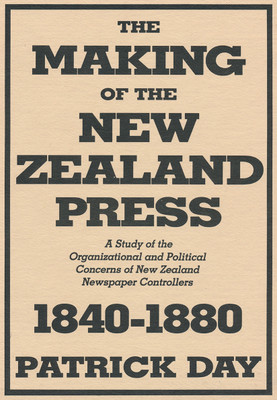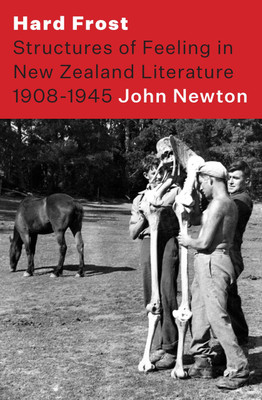Hide Description- Show Description+
2003
Picking Up the Traces tells the story of the generation of New Zealand writers who came of age in the 1930s and who deliberately and decisively changed the course of our literature, and sheds important new light on the key participants like Allen Curnow, Denis Glover and Robin Hyde.
Part I traces the beginnings of the movement in little magazines and small press publications from 1932 to 1941.
Part II looks at the repudiations and loyalties by which the movement defined itself – its opposition to the literary establishment and to late Georgian verse, its naming of its precursors and allies from the 1920s, and its choice of overseas models such as the British Moderns and the new American short-story writers for the creation of a new literature.
Part III deals with the anti-myth the Phoenix and Caxton writers created to oppose the cultural myths supported by the literary establishment – incorporating attitudes to the land and its people, to New Zealand history, to Māori, to the Centennial, and to puritanism.
Part IV deals with the writers' responses to the worldwide social upheavals of the period – the Depression, the international crises of 1935 to 1939, World War II (and a revisionist treatment of its precursor, World War I).
LAWRENCE JONES is a leading critic and historian of New Zealand literature, whose major publications include Barbed Wire and Mirrors: Essays on New Zealand Prose, the section on the novel in The Oxford History of New Zealand Literature, and From the Mainland: An Anthology of South Island Writing, of which he was co-editor. Lawrence studied at Pomona College and the University of California at Los Angeles, and came to New Zealand in 1964. He is now Emeritus Professor of English at Otago University, and is a frequent reviewer of New Zealand writing in New Zealand Books and other periodicals, while continuing his research into New Zealand literary culture of the 1940s and 50s.










